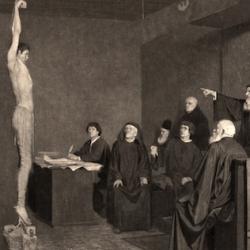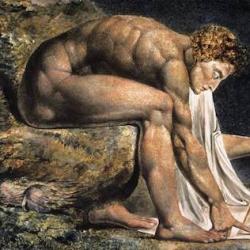It’s often lamented that science has been politicized. John Brooke ( Science and Religion: Some Historical Perspectives ) points out that politics does not represent a fall from some pure original science but the point of modern science from the outset: “Science was respected not simply for its results but as a way of thinking. It offered the prospect of enlightenment through the correction of past error, and especially through its power to overcome superstition . . . the motivation of those who pitting science against religion often had little to do with gaining intellectual freedom for the study of nature. It was often not the natural philosophers themselves, but thinkers with a social or political grievance, who transformed the sciences into a secularising force as they inveighed against clerical power.”
Commenting on this phenomenon, Sheldrake observes ( The Science Delusion , 326-7) on the ways that science is intertwined with power. Its revolutions are not usually democratic: “They are more like revolutions in which one dictatorship is replaced by another.” In an age of multiculturalism all the way down, science is still seen as a singular entity: “Only in the realm of science can we still find the old ethos of monopoly.” And monopolies need to protect and enforce their monopoly status: “Much of the hypocrisy of science comes from assuming the mantle of absolute truth, which is a relic of the ethos of absolute religious and political power when mechanistic science was born. Of course, there are disagreements among scientists, and the sciences are continually changing and developing. But a monopoly of truth remains the ideal. Dissenting voices are heretical. Fair public debates are alien to the culture of science” (328).















